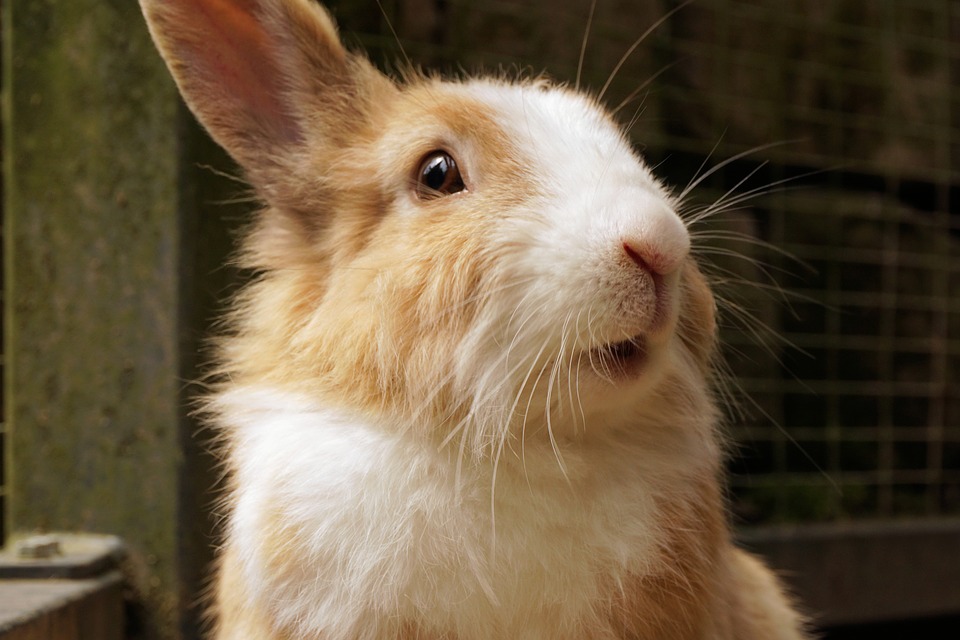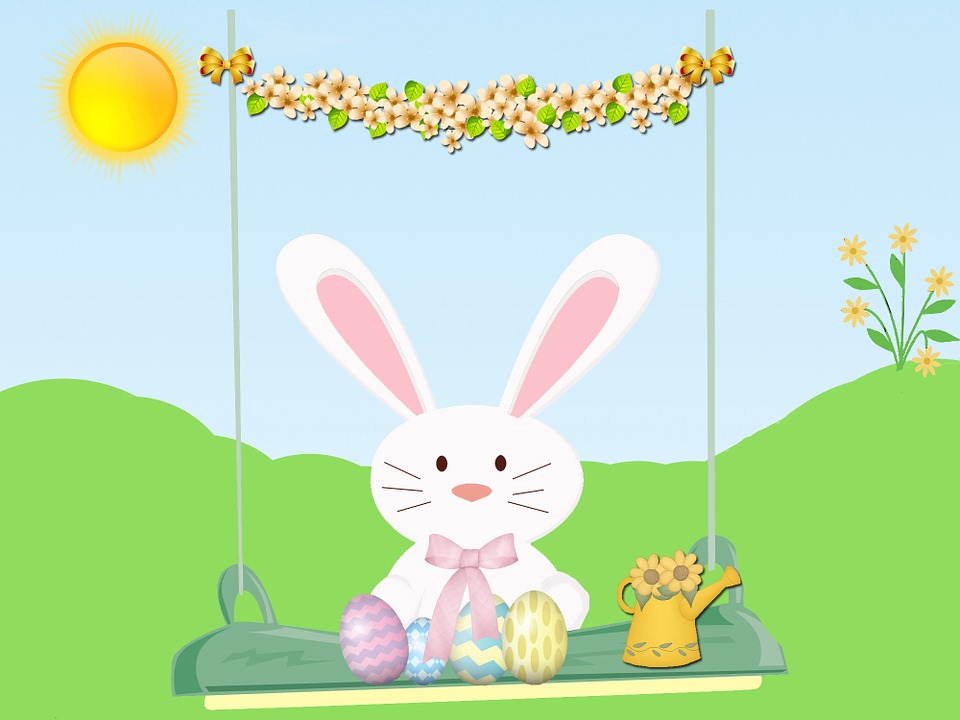This comprehensive article explores the complex issue of feeding cabbage to rabbits. While cabbage offers some nutritional benefits, it also presents potential risks due to its high fibre content, calcium levels, and goitrogenic properties. We'll guide you through the intricacies of this popular vegetable and provide practical advice on how to incorporate it into your rabbit's diet safely, if at all.
Part 1: Understanding Cabbage and Rabbit Nutrition

1.1 Cabbage: A Nutritional Overview
Cabbage, a cruciferous vegetable, is a rich source of various vitamins and minerals. It contains significant amounts of vitamin C, vitamin K, potassium, and dietary fibre. These nutrients play crucial roles in supporting immune function, blood clotting, fluid balance, and digestive health.
Cabbage also contains glucosinolates, compounds that may offer anti-cancer properties, and sulforaphane, a potent antioxidant known for its anti-inflammatory effects. However, it's essential to consider the potential drawbacks of these compounds for rabbits.
1.2 Rabbit Dietary Needs
Rabbits are herbivores with a unique digestive system that requires a diet primarily composed of high-quality hay. A balanced diet for rabbits typically includes:
- Hay (70-80%): Timothy hay is the best choice as it is low in calcium and high in fibre.
- Fresh vegetables (10-15%): A variety of leafy greens, like parsley, cilantro, and dandelion greens, offer valuable vitamins and minerals.
- Pellets (5-10%): High-quality rabbit pellets provide additional nutrients.
- Fresh water: Always available.
Part 2: The Risks of Feeding Cabbage to Rabbits

2.1 Digestive Issues: The Fibre Factor
Cabbage's high fibre content can be problematic for rabbits, particularly when consumed in large quantities. Fibre is essential for digestion, but excessive intake can lead to:
- Diarrhoea: Loose or watery stools are a common sign of digestive upset.
- Bloating: An uncomfortable feeling of fullness in the abdomen.
- Gas: Excessive flatulence can indicate digestive distress.
2.2 Calcium Overload: A Threat to Urinary Health
Cabbage contains a higher than average amount of calcium, which can pose a significant risk to rabbits' urinary health. Rabbits are susceptible to calcium oxalate urinary stones, and an excessive calcium intake can increase the risk of stone formation.
2.3 Goitrogens: Potentially Disrupting Thyroid Function
Cabbage contains goitrogens, compounds that can interfere with thyroid function. While these effects are unlikely to be significant in small amounts, prolonged and excessive consumption of cabbage may disrupt the thyroid gland's ability to produce essential hormones.
Part 3: Cabbage and the Rabbit Digestive System
3.1 Hindgut Fermenters: A Unique Digestion
Rabbits are hindgut fermenters, meaning they have a complex digestive system where most of the fermentation and nutrient absorption occurs in the hindgut (cecum and colon). This unique adaptation requires a diet rich in fibre to maintain proper digestion and gut health.
3.2 The Risk of Caecal Dysbiosis
Cabbage's high fibre content and potentially disruptive goitrogens can disrupt the delicate balance of bacteria in the rabbit's cecum, leading to caecal dysbiosis. This imbalance can cause digestive upset, nutrient deficiencies, and other health problems.
Part 4: Feeding Cabbage to Rabbits: A Cautious Approach
4.1 Moderation is Key
If you choose to feed cabbage to your rabbit, do so with extreme caution and moderation. A small amount, no larger than a couple of leaves, once or twice a week is generally considered safe.
4.2 Introduce Slowly
Always introduce new foods gradually. Start with a tiny piece of cabbage and observe your rabbit for any signs of digestive upset. If your rabbit shows no adverse reactions, you can gradually increase the amount.
4.3 Preparation and Safety
Wash the cabbage thoroughly to remove any dirt, pesticides, or bacteria. Remove the core and outer leaves, which are tougher and harder for rabbits to digest.
Part 5: Alternatives to Cabbage
5.1 Leafy Greens: A Richer Source of Nutrition
Numerous other leafy greens are safer and more nutritious for rabbits than cabbage. These include:
- Parsley: A good source of vitamin C.
- Cilantro: Rich in antioxidants.
- Dandelion greens: Excellent source of vitamins and minerals.
- Spinach: (In moderation, due to its higher oxalate content).
- Kale: (In moderation, due to its higher calcium content).
- Lettuce: (Avoid iceberg lettuce, which is low in nutritional value).
5.2 Herbs: Adding Flavour and Nutrients
Rabbits enjoy various herbs that provide additional nutrients and flavour:
- Basil: A good source of vitamin A.
- Dill: Aids in digestion.
- Mint: Freshens breath and can aid in digestion.
Part 6: Monitoring Your Rabbit's Health
6.1 Signs of Digestive Upset
Monitor your rabbit closely for any signs of digestive upset after introducing cabbage, including:
- Diarrhoea
- Bloating
- Gas
- Lack of appetite
- Lethargy
6.2 Consulting Your Veterinarian
If you notice any of these symptoms, consult your veterinarian immediately. They can assess the situation, diagnose any underlying issues, and provide appropriate treatment.
Part 7: FAQs About Cabbage and Rabbits
7.1 Can baby rabbits eat cabbage?
It is not recommended to feed cabbage to baby rabbits as their digestive systems are still developing and they are more vulnerable to digestive upset.
7.2 Can rabbits eat cooked cabbage?
Cooked cabbage is not recommended for rabbits as the cooking process can destroy nutrients and make it harder for them to digest.
7.3 What types of cabbage are best for rabbits?
While all types of cabbage can be potentially problematic for rabbits, red cabbage is generally considered the safest option. However, it's still essential to exercise caution and moderation.
7.4 Can rabbits eat cabbage stems?
Cabbage stems are tough and fibrous and can be difficult for rabbits to digest. It's best to avoid feeding them stems.
7.5 Is cabbage a good source of vitamin C for rabbits?
Cabbage is a good source of vitamin C, but rabbits can obtain this vitamin from other sources like parsley and cilantro.
7.6 How often can I feed my rabbit cabbage?
If you choose to feed cabbage to your rabbit, do so sparingly, no more than once or twice a week, and in small amounts.
7.7 Can cabbage cause diarrhoea in rabbits?
Yes, cabbage can cause diarrhoea in rabbits, especially if consumed in large quantities.
7.8 Is it safe to feed cabbage to pregnant rabbits?
It's generally not recommended to feed cabbage to pregnant rabbits as it can potentially cause digestive upset or calcium imbalances.
This comprehensive guide provides valuable information about feeding cabbage to rabbits. However, it's crucial to remember that this article is for informational purposes only and should not replace professional veterinary advice. Always consult with a qualified veterinarian before making any changes to your rabbit's diet.
Everyone is watching
-

Do Rabbits Lay Eggs? (The Surprising Truth)
OTHER TYPES OF PETSThis article will unravel the common misconception that rabbits lay eggs, exploring the fascinating world of r...
-

Can Rabbits Eat Grapes? A Guide to Safe Rabbit Treats
OTHER TYPES OF PETSThis comprehensive guide will explore the safety and suitability of grapes for rabbits, providing detailed inf...
-

What's a Group of Rabbits Called? (A Comprehensive Guide)
OTHER TYPES OF PETSThis article delves into the fascinating world of rabbits, exploring the various terms used to describe a grou...
-

Predators That Hunt Rabbits: A Guide to Natural Enemies
OTHER TYPES OF PETSI've always been fascinated by the circle of life, that delicate dance between predator and prey. Growing up ...
-

Are Rabbits Nocturnal Animals?
OTHER TYPES OF PETSThe question of whether rabbits are nocturnal animals is a fascinating one, with a surprisingly complex answer...
